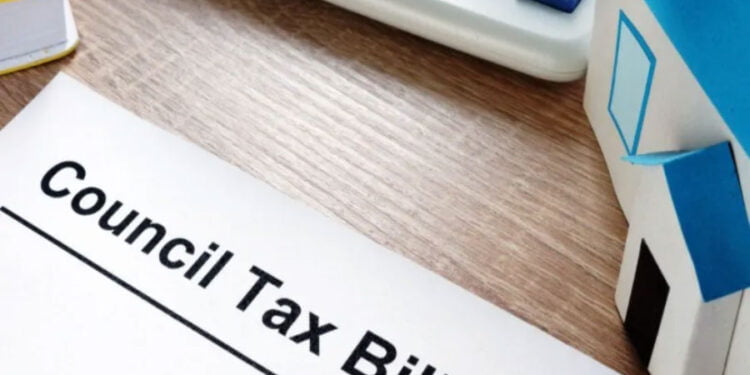Council tax is paid on all domestic properties in England and Wales. It’s graded by the value of the property and split into bands.
When renting a property, knowing who pays your council tax bill is important. You may need to negotiate with your landlord or housemates if you need help with payment.
Landlords
When renting a property who pays the council tax can be confusing. While it’s often the occupants’ responsibility, there are some circumstances when this is not the case.
This means you should know your liability for paying the council tax and how to negotiate this when it becomes due.
Ask your landlord to explain if you need to figure out who should be responsible for paying the council tax. They’ll be happy to help you make the right decision.
You can also get a discount on council tax if the property you’re renting isn’t your main home. Some councils will give furnished second homes or holiday properties a reduction of 10% and 50%.
Tenants
When renting a property, it is important to understand who is responsible for paying council tax. This is a responsibility that should be clearly stated in the tenancy agreement.
The liability is usually based on a standard hierarchy, with the person at the top of the list being liable for payment.
Depending on the circumstances, there are often some exemptions and discounts that can be taken advantage of. These can include students, single occupants, and those living in a nursing home or other care home.
If you find yourself in financial difficulty, you must contact your local council as soon as possible. It may offer you a repayment plan to help you keep on track with your payments.
Property Management Companies
When renting a property, the occupants are generally responsible for paying the council tax. However, there are exceptions to this rule.
One of the most common council tax exemptions is for students. This means that students who live in the property as their sole or main residence are exempt from paying the full council tax.
Another way to reduce your council tax is by getting a discount from your local authority. This may be available for furnished second homes or holiday houses, and you can apply for this discount by contacting your council directly.
If you rent a property and cannot manage it independently, you can hire a professional property management company to help. These companies can collect rent, find good tenants, and conduct maintenance and repairs on your behalf.
Legal Issues
When renting a property, it’s important to know how the council tax system works. It can be confusing, especially regarding houses in multiple occupations (HMOs) and vacant periods.
You should always have a tenancy agreement signed by all the tenants that explains who is responsible for paying the council tax and how it is to be paid. This will help you avoid any disagreements with the council if the property becomes empty, as it will demonstrate to them that all tenants are aware of their responsibility for the council tax.
It is also worth mentioning that some councils will give landlords a discount on council tax if the property is empty for a short period, such as a few weeks. However, this does not mean landlords will not have to pay the full amount if there are no occupants.


